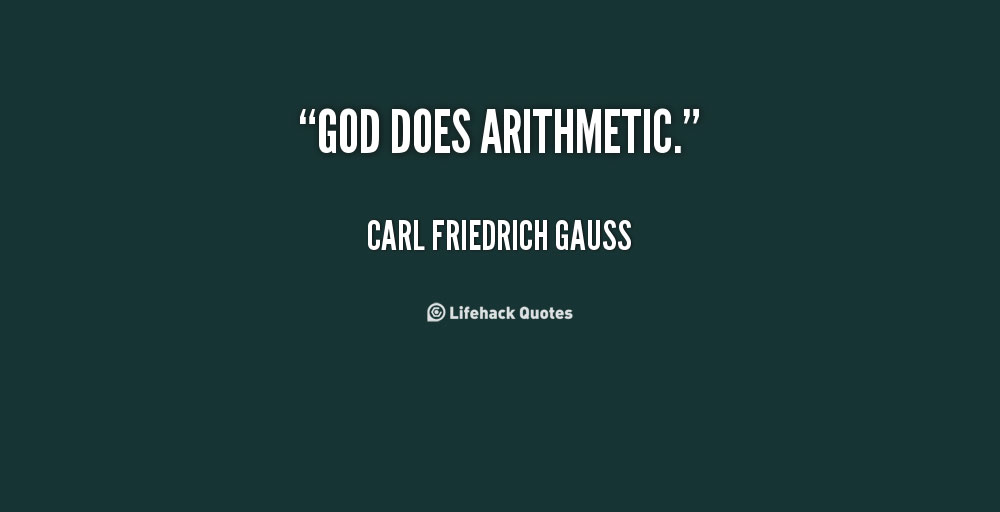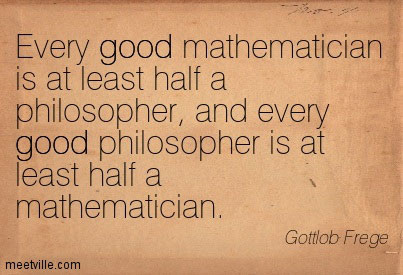All the measurements in the world do not balance one theorem by which the science of eternal truths is actually advanced. March 14, 1824. On Mathematics. As quoted in Carl Friedrich Gauss: Titan of Science (1955) by Guy Waldo Dunnington. p. 360.In this rough-draft post, I will derive the 3-dimensional topological gauge part of the action of supergravity. In my last post, I derived the orbifold Delta function:
![Rendered by QuickLaTeX.com \[\widetilde S_{10}^{(a)} = \frac{1}{N}\sum\limits_{b = 0}^{N - 1} {{e^{iba\,\phi }}} \delta \left( {{\omega _{\mu \nu \rho }} - {e^{ib\,\phi }}{\omega _{\mu \nu \sigma }}} \right)\]](https://www.georgeshiber.com/wp-content/ql-cache/quicklatex.com-fe28bb2beb75d219b10196f986cddaea_l3.png)
Keep it in mind, as it will figure essentially at the end of this post. In 3-dimensions, the central gravitational variables in the metaplectic Riemann-Cartan formalism constitute systolic algebraic 1-forms as well as a super-Lie algebraic dual of the Lorentz connection:
![]()
More precisely:
![]()
Hence, the corresponding field strengths are the 2-forms of Kähler torsion:
![]()
and curvature:
![]()
Note, after connecting bivectors to vectors via Poisson-Lie-duality, one gets a linearized variability that clarifies the local symmetries of topological models. However, one must add Chern-Simons terms and by gauging the super-Poincaré group, we land in the desired Mielke-Baekler theory, which, in 3-dimensions, yields the Einstein-Cartan (EC) Lagrangian:
![]()
with ![]() the Chern-Simons total divergence term. Now introduce vacuum angles:
the Chern-Simons total divergence term. Now introduce vacuum angles:
![Rendered by QuickLaTeX.com \[\left\{ {\begin{array}{*{20}{c}}{{\theta _T}}\\{{\theta _L}}\\{{\theta _{TL}} = \, - \chi }\end{array}} \right.\]](https://www.georgeshiber.com/wp-content/ql-cache/quicklatex.com-bc0fd15e5217da4e240e49194f2474df_l3.png)
and we get a hint at what a purely topological 3-dimensional ‘gravity’ Lagrangian looks like:
![]()
with:
![Rendered by QuickLaTeX.com \[\left\{ {\begin{array}{*{20}{c}}{{C_T} \equiv \frac{1}{{2{l^2}}}{\vartheta ^\alpha } \wedge {T_\alpha }}\\{{C_L} \equiv {{\left( { - 1} \right)}^s}{\Gamma ^{ * \alpha }} \wedge R_\alpha ^ * - \frac{1}{{3!}}{\eta _{\alpha \beta \gamma }}{\Gamma ^{ * \alpha }}}\\{{C_{TL}} \equiv \frac{1}{l}\left( {{\Gamma ^{ * \alpha }} \wedge {T_\alpha } - \frac{{{{\left( { - 1} \right)}^s}}}{2}{\eta _{\alpha \beta \gamma }}{\Gamma ^{ * \beta }} \wedge {\vartheta ^\gamma }} \right)}\end{array}} \right.\]](https://www.georgeshiber.com/wp-content/ql-cache/quicklatex.com-249e4b4b144de894d640bc745beaa9b9_l3.png)
holding, and, respectively, are translational, rotational and Chern-Simons 3-forms of gauge-type ![]() in Riemann-Cartan space-time. Varying:
in Riemann-Cartan space-time. Varying:
![]()
with respect to ![]() and
and ![]() gives us the topological field equations:
gives us the topological field equations:
![]()
![]()
Now, note that the Chern-Simons term proportional to ![]() induces in the second-order field equation a constant term that plays the role, in 4-dimensions, of the cosmological constant in Einstein’s equations. Combining the vacuum equations:
induces in the second-order field equation a constant term that plays the role, in 4-dimensions, of the cosmological constant in Einstein’s equations. Combining the vacuum equations:
![]()
and:
![]()
we get the torsion and Riemann-Cartan curvature:
![]()
with ![]() the Picard constant:
the Picard constant:
![]()
and:
![]()
Now coupling matter fields gives us the following torsion:
![Rendered by QuickLaTeX.com \[{T_\alpha } - \frac{{2\kappa }}{l}{\eta _\alpha } = \frac{2}{A}l\left( {{\theta _{TL}}\tau _\alpha ^* - {\theta _L}l\sum _\alpha ^\dagger } \right)\]](https://www.georgeshiber.com/wp-content/ql-cache/quicklatex.com-5f21678a8e440c026a3473cef45218f7_l3.png)
and the Riemann-Cartan curvature being:
![Rendered by QuickLaTeX.com \[R_\alpha ^ * - \frac{\rho }{{{\rho ^2}}}{\eta _\alpha } = \frac{2}{A}\left( {{\theta _{TL}}l{\sum _\alpha } - \,{\theta _{T\tau _\alpha ^ * }}} \right)\]](https://www.georgeshiber.com/wp-content/ql-cache/quicklatex.com-f1b510d9d6c2989a42c45feca0128b27_l3.png)
Putting all of the above together and to derive an effective 3-dimensional action for ![]() , we integrate out the high-momentum modes:
, we integrate out the high-momentum modes:
![]()
where ![]() is the orbifold Delta functional term. Hence, for the fermions and scalars, we get:
is the orbifold Delta functional term. Hence, for the fermions and scalars, we get:
![]()
with:
![]()
and ![]() the super-field strength corresponding to
the super-field strength corresponding to ![]() . Now finally, the topological gauge part of the action can be derived as:
. Now finally, the topological gauge part of the action can be derived as:
![]()
to be marshaled in 3-dimensional Lagrangian topological analysis in upcoming posts.
Why should things be easy to understand? ~ Thomas Pynchon!



